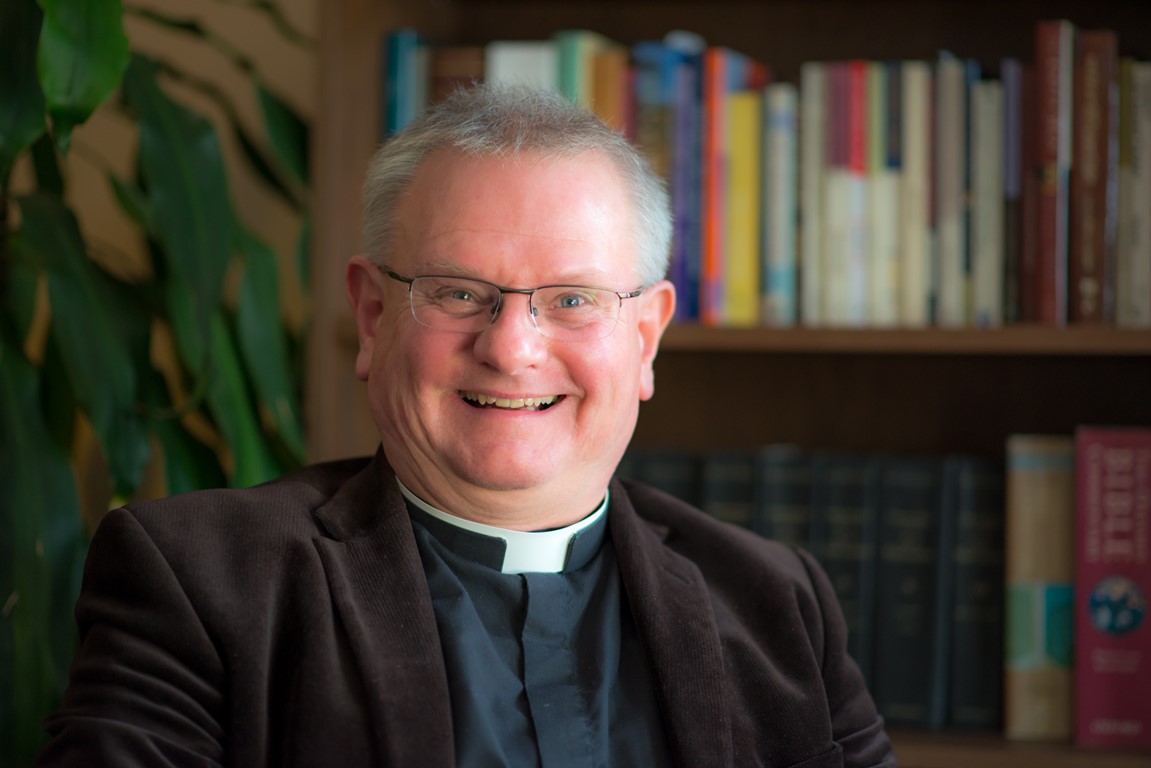The rhythm of spring

There are very few people in my experience who do not like music. I fully grant you that we don’t all share the same taste in music, but that goes without saying. Try as I might there may well be more people around who get Stormzy more than Schubert, but I am not complaining. We can wax lyrical about why this should be. I believe, for instance, that there is a basic human need for us to make music, to sing songs or beat out a rhythm, and this goes back to the dawn of human civilisation. Both Martin Luther and John Wesley (and, of course, his brother Charles) realised very early on when they were establishing their respective religious movements of Protestantism and Methodism that singing hymns or psalms was a vital part in establishing these new practices amongst their congregations. Gone were complicated melodies in Latin; in, were fairly simple verse structures sung in the vernacular. Of course, when we think of music and singing we do think of melody and rhythm, and all those things that make a piece of music special and memorable: and memorable is a key word here. If you want to get people to remember something quite quickly, turn it into music.
But rhythms and melodies are not just confined to music. We talk about the rhythm of the natural world, where we can sense patterns shifting because of the change of the seasons. We may be hearing the first cuckoo in spring a little earlier these days, but you know that when you hear it the rhythm of winter has changed to the rhythm of spring. It is true of church life as well. The church’s year is marked by changing seasons: we are now in Lent, soon to be followed by Easter, and then the long, ‘ordinary’ period of what we call Trinity-tide (the Sundays after Trinity) before we go back to the beginning for Advent and Christmas once again. Now, we shouldn’t see this as endless repetition, the ‘same-old, same-old’ pattern that is stuck in a groove. T S Eliot memorably wrote that:
We shall not cease from exploration
And the end of all our exploring
Will be to arrive where we started
And know the place for the first time.
(The Four Quartets)
In other words, returning to the beginning is not necessarily turning the clock back, but enabling us to see where we are in our life, by setting the changes that affect all of us within a familiar pattern or rhythm. The Church’s liturgical year always does this. Yes, we might get to the beginning of Advent and look forward to the familiar carols, but, whether we recognise it or not, we will be different from the last time we heard them. We may have left school, got a job, lost someone close to us, found someone close to us, and the rhythm and the pattern of the familiar allows us to say that these changes are perfectly normal, because there is something greater than you or I in the world. Easter is, of course, the time of the year when the familiar and the radical come together. Yes, we are celebrating something that actually happened 2,000 years ago. But it has living consequences for us today, and no matter where we are in our lives, the power of Easter will have something to say to us. The power of the risen Lord has an impact for us all. The songs we sing, the patterns we adopt, say something terribly important about us. But each time we sing them and adopt them they will say something subtly different to us. You see, we all change, which is why I am threatening to suggest that the next CD I buy will not be by Schubert, but by Stormzy!
The Very Reverend Roger Bush,
Dean of Truro

